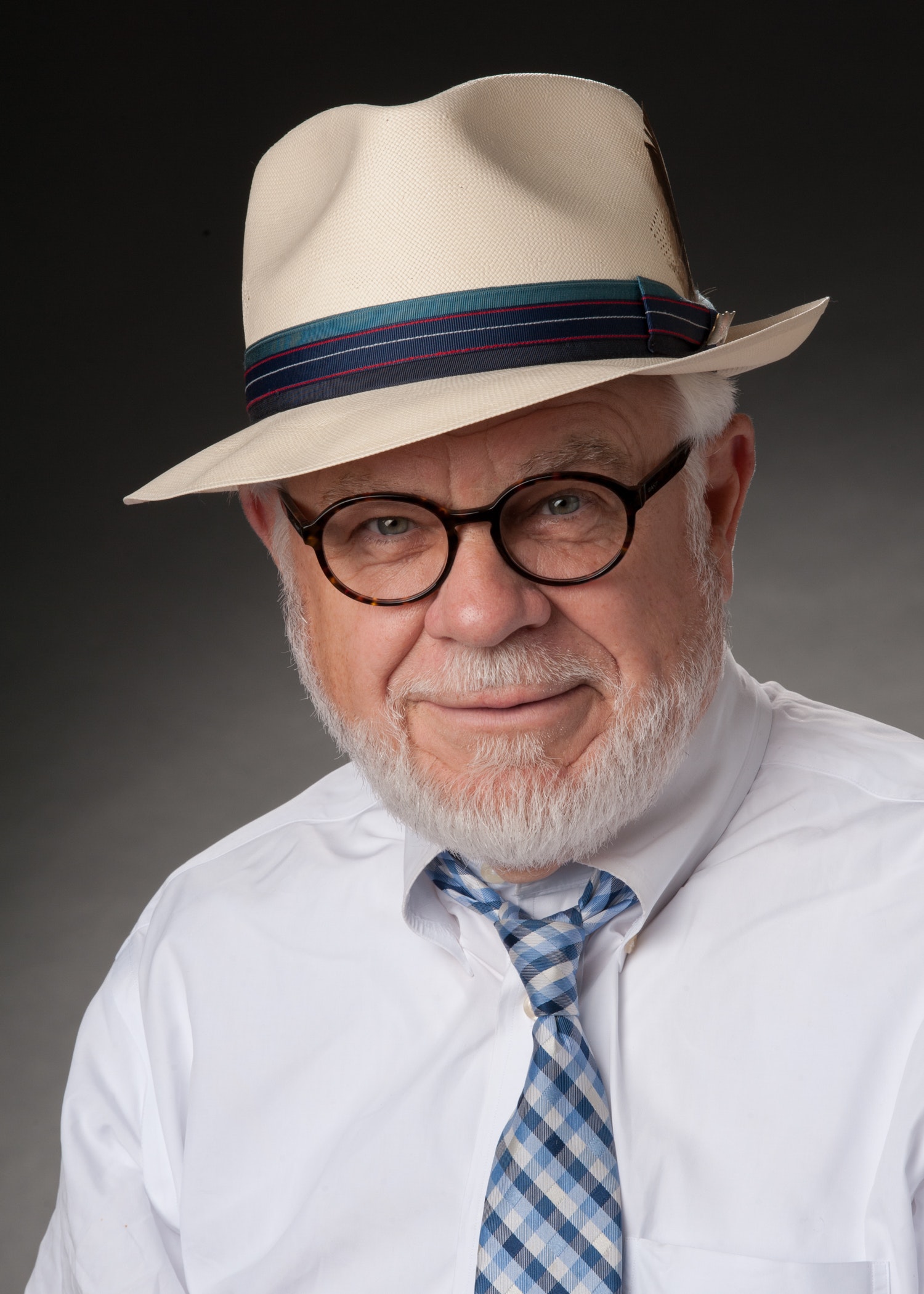By: Wes Merriott
SOBO Live
On March 25, Councilman Brian Hammons stunned the Bossier City Council with a straightforward question: Why did Bossier City use taxpayer dollars to construct new parking lots for two private businesses—Scot's Audio and Bossier Power Equipment—without council knowledge or approval?
What began as a public infrastructure project under the Walter O. Bigby Carriageway has morphed into a troubling example of backdoor decision-making, conflicting narratives, and legal red flags. Mayor Tommy Chandler and City Attorney Charles Jacobs now find themselves giving the public two very different stories, and neither adds up.
Conflicting Explanations and No Oversight
City Attorney Charles Jacobs initially told the council that he and Assistant City Attorney Richard Ray personally inspected the sites and deemed them damaged from pile-driving related to the Carriageway construction. To prevent litigation, Jacobs said the city "agreed... to overlay or repair those parking lots."
But Hammons pushed back. He rightly pointed out that the City Council—not legal staff—controls the city purse. No engineer was consulted. No documentation was presented. And most importantly, the council never voted to authorize any such expenditure. Further, if property damage did occur, liability should rest with the insured contractor—not with taxpayers.
The Chandler administration offered no clarification in the weeks that followed. Worse, public records requests from media outlets asking for invoices, contractors, and total costs were denied by Jacobs, citing vague exemptions. When the council later held an executive session to discuss the parking lot issue, Mayor Chandler, Councilman Hammons, and Council Vice President Chris Smith all abstained.
Then came a shocking public contradiction. On June 5, during a KEEL Radio interview, Mayor Chandler stated the city paid for the driveways due to "access changes" caused by the Carriageway project—not damage. That sharply diverges from Jacobs’ prior explanation and instead suggests a cosmetic integration effort, not legal risk mitigation.
Two top officials in the same administration. Two contradictory stories. No vote. No oversight.
What the Public Deserves to Know
1.What Did This Cost, and Who Approved It? Initial estimates suggest the work cost upwards of $400,000—an amount that would have required public bid solicitation under Louisiana law. Yet no bids were issued. No vote was held. Who signed the checks? Who hired the contractor?
Statute38:2212, any public works project exceeding $250,000 must go through a formal bid process. Sources close to Assistant City Attorney Richard Ray claim the work was broken into smaller phases to stay below that threshold. That’s not a clever workaround—it’s illegal. Known as "bid splitting," this tactic is expressly prohibited. If the overall work is part of a single plan or intended outcome, it must be treated as one project and subjected to sealed bidding. Jacobs and Ray’s own statements may have already confirmed this violation.
3.Why Is the City Attorney Managing Construction? When the City Attorney inspects property and authorizes physical repairs, he crosses from legal advisor into policymaker. Jacobs is not an engineer. He is not a contractor. He is not on the City Council. His actions blurred professional boundaries, likely violated ethical norms, and may have been driven more by personal discretion than public accountability.
4.Why Won’t the City Release Records? Jacobs claims that documents related to the parking lots are exempt from public disclosure because they are maintained by the legal department. That’s a weak defense. When taxpayer money is spent—especially in large sums—there is no justification for secrecy. In fact, that secrecy only fuels the appearance of corruption.
5.Is There a Conflict of Interest? Councilman David Montgomery is reportedly close to Scot Boswell, owner of Scot’s Audio. While no formal conflict has been declared, this relationship demands transparency. Who benefits from these unvoted projects, and why were these two businesses selected over others?
Legal Consequences Are Real
If Jacobs or Ray knowingly broke Louisiana’s Public Bid Law, the consequences are severe. Under R.S. 38:2220:
“Any contract entered into for public works or materials and supplies contrary to the provisions of this Part shall be null and void.”
That means the city could be forced to cancel the contract, halt payment, or claw back money already disbursed. If the contractor knowingly participated, they too could be on the hook.
Additionally, any public official who knowingly and willfully violates the law may be fined up to $500, jailed for six months, or both. These are not idle threats—they’re statutory penalties.
The Path Forward
The citizens of Bossier City deserve clarity and action:
•Full Disclosure: Release all records related to the parking lots—contracts, invoices, communications, inspection notes, and legal memos.
•Independent Audit: Commission a third-party engineering review to assess whether actual damage occurred.
•Council Oversight: Clarify whether Jacobs or Ray had lawful authority to approve such expenses without council approval.
•Reform Procurement: Enact a transparent policy to prevent future expenditures on private property without a public vote.
•Ethics Investigation: Refer this matter to an external ethics board or the Legislative Auditor to determine whether Jacobs overstepped his role.
Final Word
Mayor Chandler says it was access. Jacobs says it was damage. Council members say they were never consulted. And the public still doesn’t know who authorized nearly half a million dollars in work on private property.
Was taxpayer money misused—intentionally or not? Was the law violated? Did personal relationships influence public expenditures?
These questions strike at the heart of democratic governance. Bossier City doesn’t just need better roads or smoother parking lots. It needs accountability. And it needs it now.
